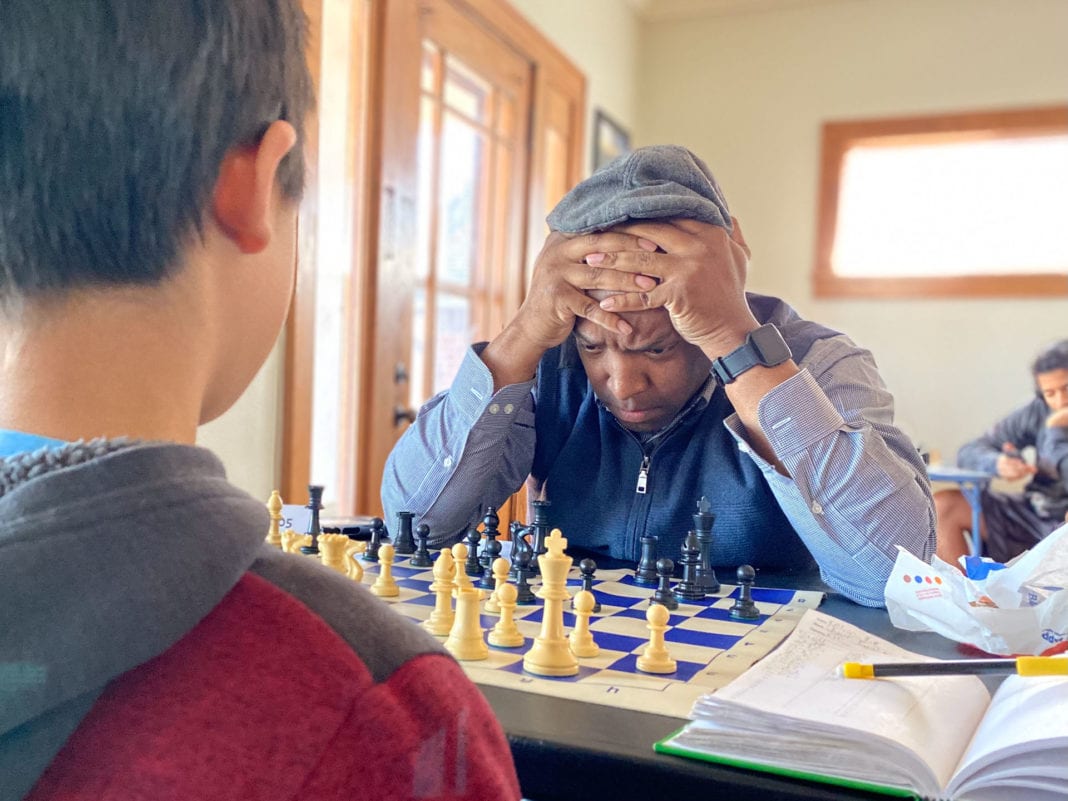Chess has been a popular game of strategy for over 500 years. But with the release of Netflix’s The Queen’s Gambit, this activity has had it’s second coming for younger generations. Chess enthusiasts are seeing a surge in online games, and while clubs are currently taking a time-out from in-person meet-ups, they’re seeing the potential for more growth when the pandemic ends.
According to Tom Braunlich, Oklahoma Chess Foundation member and lifetime player, he’s seen a very positive surge in players and curious observers in the last year.
“The universal reaction by experienced tournament players to The Queen’s Gambit was that they loved its realistic ‘flavor’ and the glamour brought by its star,” he says. “It does a great job of showcasing how beautiful and mentally spectacular chess can be. I personally appreciated how carefully the feeling of chess tournaments was recreated by the actors – both the raw ‘open’ tournaments in the USA as well as the more sophisticated events in Europe and Russia.
“Modern chess is a lot different from the 1960s era shown in the show,” he says. “Top players use computers to prepare for the games and analyze their mistakes afterward. The play is of much higher quality than back then, too.”
Within days of the show’s debut, chess players had found the actual footage from the ‘showdown’ game depicted on Gambit and analyzed it on YouTube.
“The game was given an exciting and different ending than it had in reality, with a different finish of about 15 fantastic moves crafted by none other than Garry Kasparov, who consulted for the [show],” says Braunlich.
Chess has become so popular – partially thanks to the pandemic – that online sales of chess boards have seen stock completely sold out. Charles Unruh, Secretary of the Oklahoma Chess Association and 2013 Grand Master, is excited to see the renewed interest. He has seen clubs come and go throughout the years, and has felt the loss that COVID-19 brought to the sport. Most importantly however, Unruh has seen chess teach incredible life skills to people from all walks of life.
“The strategy of the game really plays well with students who have a disability, that might hinder them in day-to-day life,” he says. “Kids with ADHD or Asperger’s can focus on the complexities of the game.”
Whether inspired by Gambit or just driven by a strong desire to learn a new game, there are options for any level of play. A simple online search could turn into a new lifelong passion.


























